Intimate relationships are supposed to be a safe place. Your spouse is supposed to be your partner, who shelters you from danger and provides you with love and stability. However, that love and stability might falter when your spouse is an addict in some cases. Suppose a partner or spouse becomes addicted to drugs. In that case, it can result in emotional upheaval, negativity, chaotic decisions that affect the family, a lack of trust, conflict over parental responsibilities, and even violence.
If you are worried about your spouse potentially abusing drugs, you might be asking: what to do if your spouse is an addict? Knowing what to do if your spouse is an addict means knowing:
- The signs of addiction to verify that your spouse exhibits them
- The ways you can help your spouse
- The best way to talk to your spouse about their addiction and rehabilitation
What are the Signs Your Spouse is Abusing Drugs?
In 2015 over 138 million Americans reported alcohol use, and 66.7 million reported binge drinking regularly. 7.7 million adults used illicit drugs, and 22 million used marijuana.
Learning how to deal with a drug addict is not easy, but it starts with recognizing the signs of abuse. No matter how the addiction started, what is essential today is recognizing the signs your spouse is abusing drugs. Every couple is unique so that the signs might be different depending on your circumstances. They can include things like:
- Money disappearing without any explanation is something that is harder to identify if you are unaware of how much money your spouse makes or if you don’t have joint accounts.
- Paraphernalia for drugs and alcohol hidden around your home.
- A spouse who spends a lot of time “with friends” instead of with you or specifically likes to socialize without you.
- A spouse who puts the lives of their children or significant others at risk because of their behavior while under the influence of drugs or alcohol.
What to do if Your Spouse is an Addict?
If you believe that your spouse is an addict and you are not at risk for violence, emotional abuse, or openly using drugs at home, there are some steps you can follow:
Ask for help
Firstly, ask for help. This help can come from trusted family members or friends, a physician, recovery resources, or counselors. You might get help from a therapist who can facilitate better communication and help you make sure you are not accidentally encouraging behavior when you are trying to demonstrate support.
Show your support
If your spouse is open about their addiction and they mentioned wanting to participate in any type of support program or recovery program, go with them where you can. Attend things like 12-step meetings, encourage them to read literature, and seek more intense detoxification or inpatient rehab where appropriate.
Care for yourself
Throughout this process, don’t forget to take care of yourself as well. Being married to someone who is struggling with addiction can be incredibly exhausting mentally, physically, and emotionally. You need to make sure you put the mask on yourself before you can help someone else.
Learn about addiction
If you have a spouse doing drugs, you might also wonder about how to live with an addicted spouse, and in that case, family therapy might be one solution. Participating in family therapy with your spouse, especially if you can do so while they are in rehab, can give you a lot of information about addiction.
How to Convince Your Spouse to Seek Help with Addiction?
Learning what to do if your spouse is an addict can help you decide how to help them best, like staging an intervention or finding a rehab facility.
Interventions
If you are worried about a spouse abusing drugs, you might ask a professional about how to help your husband with addiction, like staging an intervention. An intervention is often a great opportunity for families to come together and explain how addiction is hurting them. If your spouse is showing signs of addiction, you can work with a professional to set up an intervention at their office or at a location that might be more comfortable for your spouse, like your home.
You can address your spouse directly, telling them how their addiction has affected you during that time. A big part of preparing for things like an intervention includes knowing where your spouse might be directed if they agree to rehab.
It’s recommended that you have a rehab facility on hand so that if your attempts to convince your spouse to seek help with their addiction are effective, you can transition smoothly into a reliable rehab facility. Ocean Coast offers residential and detox treatment in Huntington Beach for co-occurring disorders like anxiety, depression, or trauma. If your spouse needs initial detoxification, Ocean Coast can assist them through their withdrawals with medications to help ease the symptoms. They can transition smoothly into a residential inpatient program and, when they leave, continue to receive aftercare.
So, if you are asking, ‘what to do if your spouse is an addict,’ rest assured that help is available. Let Ocean Coast help you when your spouse is an addict. Ocean Coast Recovery Center is a rehab in Southern California that provides inpatient addiction treatment in Huntington Beach, CA.





